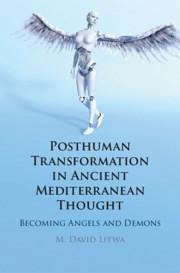
Tradition and Modernity in the Mediterranean
The Wedding as Symbolic Struggle
Herausgeber: Fortes, Meyer

PAYBACK Punkte
21 °P sammeln!
The subject of Vassos Argyrou's study is modernisation, as reflected in the changing nature of wedding celebrations in Cyprus over two generations from the 1930s to the present day. He argues that modernisation is not a secular, progressive process, that remodels the life of a society, ironing out local differences. Rather, it is a legitimising discourse. It is an idiom which Greek Cypriots employ to represent, and contest, relationships between social classes, old and young, men and women, city folk and villagers. At the same time, by involving modernisation, they are submitting to foreign st...
The subject of Vassos Argyrou's study is modernisation, as reflected in the changing nature of wedding celebrations in Cyprus over two generations from the 1930s to the present day. He argues that modernisation is not a secular, progressive process, that remodels the life of a society, ironing out local differences. Rather, it is a legitimising discourse. It is an idiom which Greek Cypriots employ to represent, and contest, relationships between social classes, old and young, men and women, city folk and villagers. At the same time, by involving modernisation, they are submitting to foreign standards, and accepting the symbolic domination of Europe.














